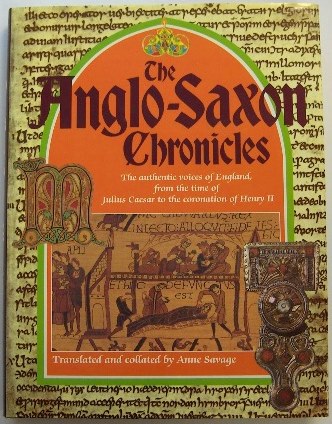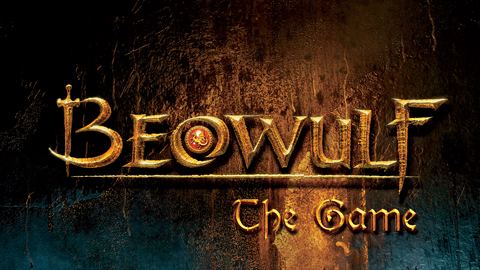The extant Exeter manuscript brings to us some preserved elegies of the Anglo-Saxon Age which are neither pagan nor Christian; instead they are a direct recording of the personal feelings of the speaker of these poems. These elegies stand out among the rest of the poems belonging to this period in English Literature owing to its strong current of melancholia and slight lyric grace. These elegies appeal humanly across centuries as they are built on the grounds of emotions and passions which every hearer or reader from all ages can relate to.
The glue which binds all the elegies together is the theme of loss, lament and solitude. The Deor’s Lament is a moving elegy of forty lines which gives voice to the suffering of a minstrel or a scop who has been replaced by a rival after years of service to his Lord. The speaker’s self consolation takes a meditative form as he looks back upon five instances of suffering inflicted upon Germanic heroes for the comfort that he is not the only one who has had to face loss and despair. By recalling the misfortunes that fell upon gods and heroes, Deor opines that suffering is the common lot of man and that every evil passes with time. A similar sense of loss and a tone of sadness is noticed in Wanderer which purports the lament of a solitary man who had once been happy under the protection of his loved lord but after his lord’s death is confronted with bitter frozen waves and winter cold. The thought of his lost happiness makes him miserable as he journeys into his wasteland of exile. There is a remarkable clash between past and present, between remembered glory and the despair of the moment. The tone of reminiscence is strengthened by the effective use of the ‘Ubi Sunt’ theme –
“Where now is the warrior? Where is the war-horse?
Bestowal of treasure, and sharing of feast?
Journey on the sea which is the backdrop against which most of these elegies are set is a contributing factor to the melancholic tone as the sea is almost always wild with storm and fettered by frost which adds to the despondency of the speakers. In The Seafarer the speaker recalls with regret and self pity the loneliness and hardships of a life at sea – “List how I, care wretched on ice cold sea, weathered the winter, wretched outcast” while being aware that there is no other life for him. His exile is self-imposed and not forced upon him by rejection, loss of patronage or fate. In Wanderer the emptiness of the Sea and its winter violence are observed as the embodiment of failure of human relationships, loneliness and exile.
Most of the elegies focus upon helplessness in the hands of the Wyrd which strengthens the stream of loss that runs through the elegies and is most prominently exemplified in “The Ruin” is another heart-wrenching master-piece where an illustrious city, probably Bath, is devoured by the ravages of wyrd. Even “Wanderer” and “Deor’s Lament” asserts a broadly pagan endurance of the rule of Fate.
This expressive melancholia takes the form of pain arising out of estrangement in the elegies such as “Wife’s complaint” and “Wulf and Eadwacer” where a woman longs for her beloved and is tormented by the angst arising out of unfulfilled love.
The elegiac poems of the Anglo-Saxon Age with their stress on loss, exile and lamentation along with the belief in the impermanence of earthly pleasures, leaves upon us as an impression that is as dismal as the one cast by the Ossianic poems of Macpherson. These elegies are the songs of suffering souls which give them a lyrical and more importantly a universal appeal because “our sweetest songs are those that tell of saddest thoughts”.
Some online learning platforms provide certifications, while others are designed to simply grow your skills in your personal and professional life. Including Masterclass and Coursera, here are our recommendations for the best online learning platforms you can sign up for today.
The 7 Best Online Learning Platforms of 2022
- Best Overall: Coursera
- Best for Niche Topics: Udemy
- Best for Creative Fields: Skillshare
- Best for Celebrity Lessons: MasterClass
- Best for STEM: EdX
- Best for Career Building: Udacity
- Best for Data Learning: Pluralsight








very well written , especially the introdactary part was awesome. thanks so much 4 the article.
I don’t think that the introductory part is good…got no help 🙁